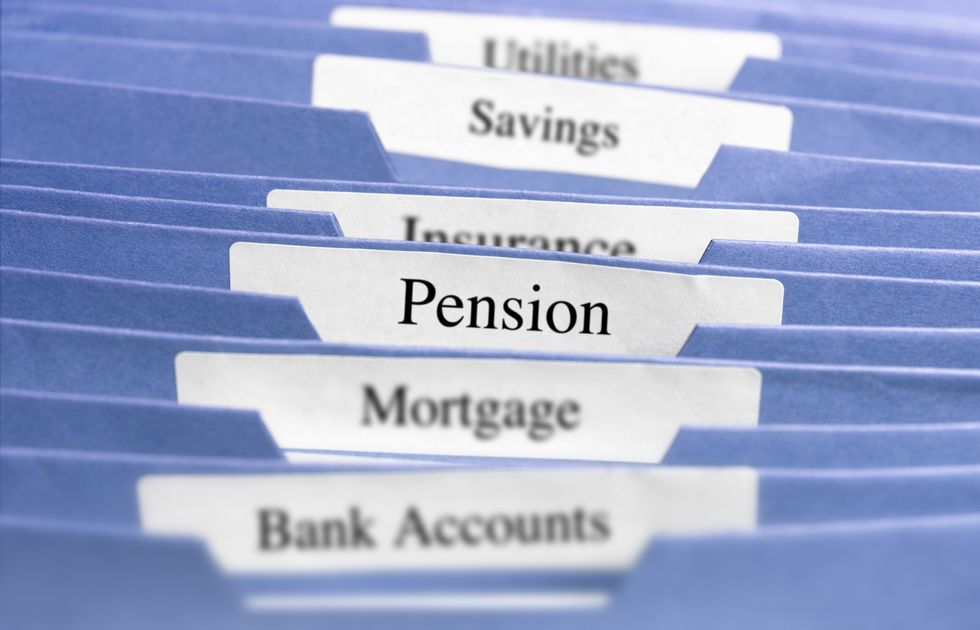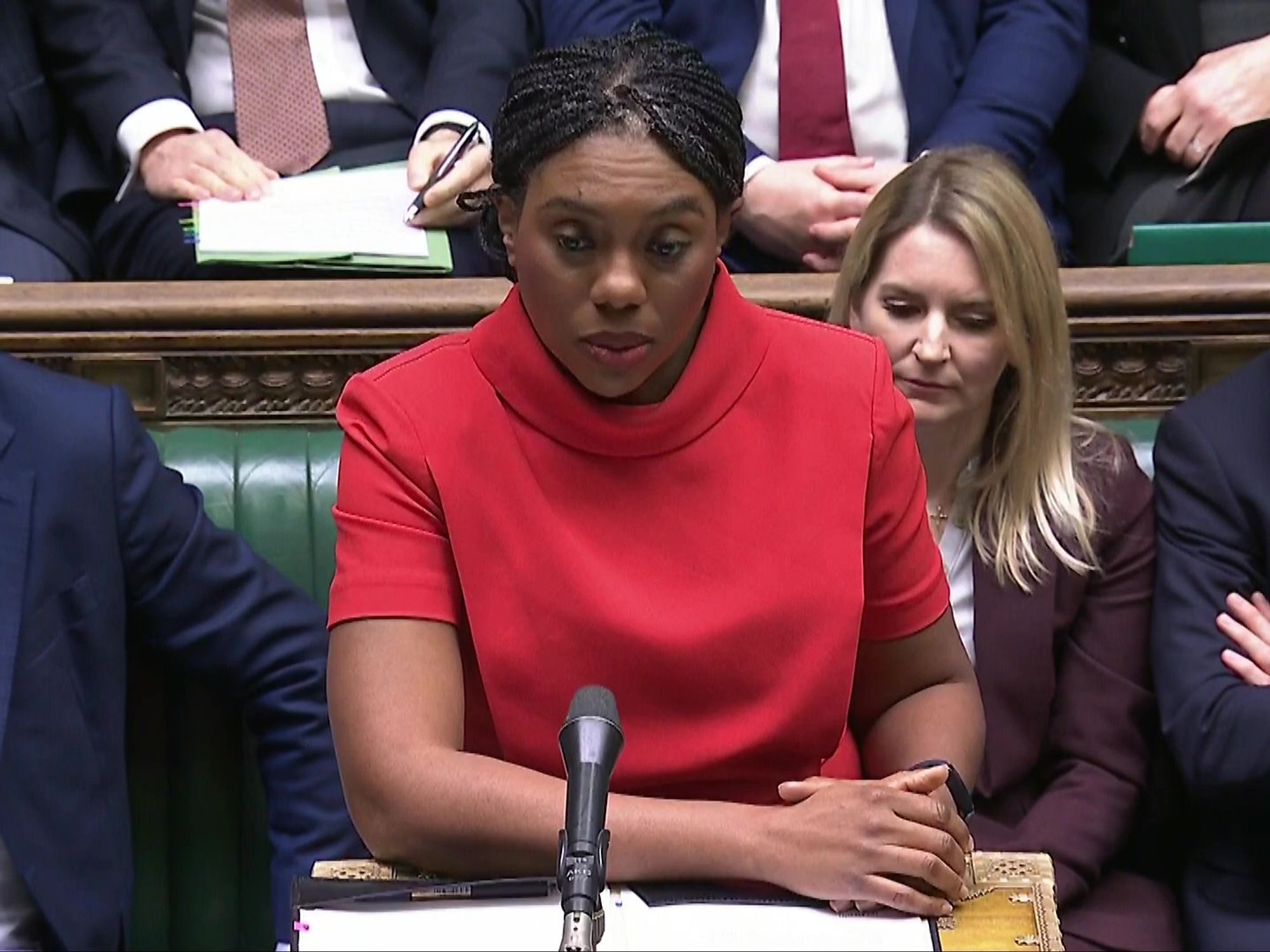Quarter of council tax raised is spent on ‘unjustifiably generous’ staff pensions

The average household is effectively paying more than £230 a year directly into council staff pensions
Don't Miss
Most Read
Latest
Nearly £1 in every £4 raised in council tax is now being spent on "unjustifiably generous" staff pensions, new figures have revealed.
Local authorities contributed nearly £7billion to their employees' pension pots over the past year, according to Freedom of Information requests submitted to more than 300 councils.
Around £6.7billion is spent on employees' pension pots while just £1.1billion is spent on libraries, culture, heritage and tourism, and £2.2billion on emergency housing.
The data shows that 254 of Britain's 317 councils responded to the information requests, revealing they paid £5billon into staff pensions last year - an average of 23.5 per cent of their council tax revenue.
Birmingham City Council, which declared effective bankruptcy last year, paid the second-highest amount of any council at £141.7million.
Hampshire County Council made the single largest pension contribution last year, paying £281million - though this covered three years of contributions.

Hampshire County Council made the single largest pension contribution last year
| GettyThe Freedom of Information requests revealed that 14 councils paid more than half of the money they raised in council tax into their pensions.
Basingstoke and Deane Borough Council topped the list, with pension contributions of £10.1million representing 106.3 per cent of its council tax revenue.
Orkney followed with 75.9 per cent of its council tax going to pensions, while Cheltenham Borough Council committed 75.1 per cent.
The Local Government Pension Scheme is one of the largest in the UK, with 6.1 million members across England and Wales. It operates as a defined benefit scheme, sometimes called 'final salary' or 'career average' pension schemes, which do not rely on investments or contribution amounts.
Council employees who work in local Government for most of their career can expect to receive about half of their final or career-average salary upon retirement.
LATEST DEVELOPMENTS:
To fund this, councils contribute an extra 20 per cent of their staff's pay to the scheme, compared to an average of 4.5 per cent in the private sector.
Tom McPhail, a pensions expert at Lang Cat financial adviser, said the generosity of local authority pensions was "extremely difficult to justify" given today's economy and declining private sector pensions.
He said: "If you rewind 30 years, it would have been relatively unexceptional and similar to what was being offered by FTSE 100 companies.
"The difference is private sector employers became at first unwilling and then unable to meet the cost of such generous pensions.
"Yet the public sector and, in this case, the local authority scheme, has just sailed blithely on regardless, relying on the captive funding of local authority taxpayers to subsidise their pensions."
John O'Connell, chief executive of the TaxPayers' Alliance campaign group, called for reform of the system.
He said: "While households across the country are faced with higher and higher tax bills, vast sums are being used to maintain nest eggs most people could only dream of.
"These gold-plated pension schemes should be closed, with public sector benefits brought into line with those of the private sector."
A spokesman for the Local Government Association defended the pension scheme, saying it helps attract and retain essential workers.
They said: "Local Government workers provide hundreds of essential services every day. However, more than nine in ten councils are experiencing staff recruitment and retention difficulties.
"The pension scheme can help encourage people to develop a career in local Government. With pay often lower in local Government than comparable private sector roles, the scheme can mitigate that while helping public sector workers avoid needing welfare benefits in retirement."
The typical council employee earns nearly £40,000 a year, significantly above the national average.
Most local authorities chose to increase council tax by five per cent this year, taking the cost of the average band D bill to £2,171 a year.
The Local Government Pension Scheme is rare among public sector pensions in being funded, meaning payments come from built-up funds rather than general taxation.










